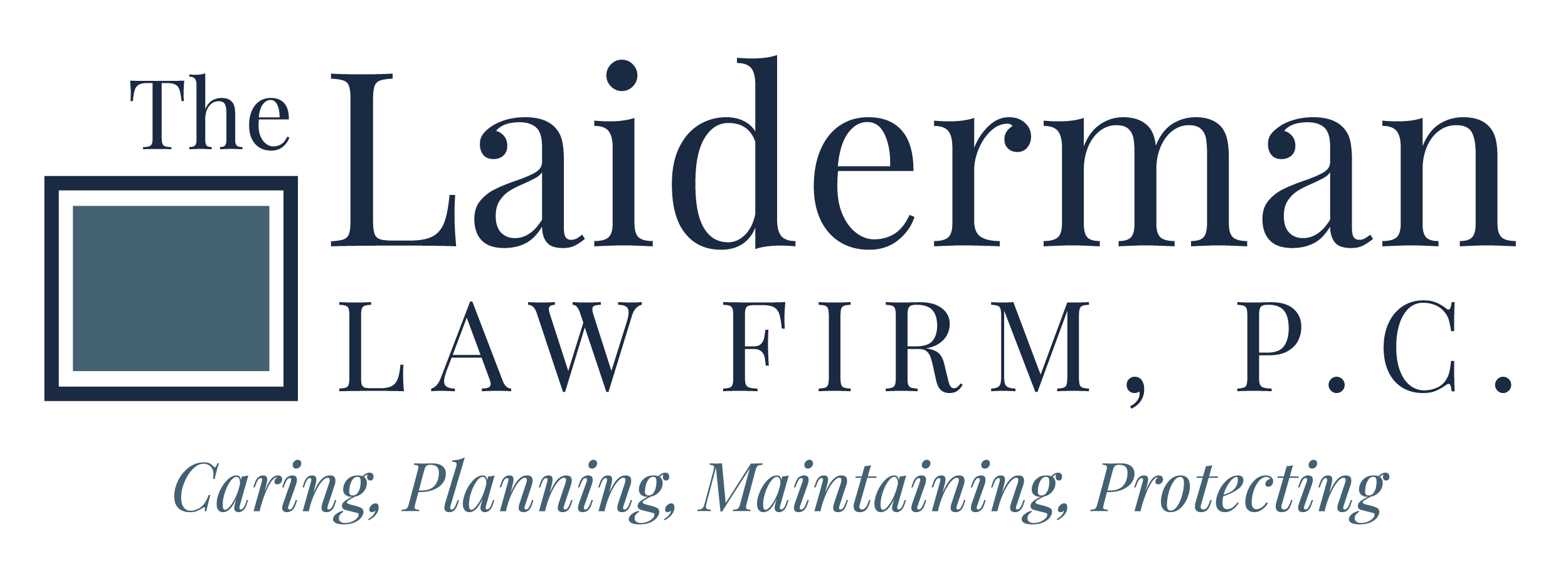Advanced
Estate Planning
Home » Advanced Estate Planning
If you are like most people, financial security for your future and for your loved ones has driven you to work hard throughout your life. Advanced estate planning can help you protect your accumulated assets so that they do not end up being heavily taxed by the IRS and state taxing authorities.
The Laiderman Law Firm, P.C. guides families through advanced estate planning strategies to help reduce the burden of Federal Estate Taxes, Generation Skipping Transfer Taxes, and Gift Taxes by establishing Family Limited Partnerships or Limited Liability Companies, Personal Residence Trusts, Irrevocable Life Insurance Trusts, and using charitable gifting techniques.
Family Limited Partnerships
A limited partnership which is owned among family members is called a Family Limited Partnership (FLP). A properly formed and funded FLP can provide estate and gift tax savings, as well as asset protection. With an FLP you can retain control over the transferred assets while enjoying these advantages.
After you have established and transferred your assets to an FLP, you can make gifts of limited partnership interests to your children or other beneficiaries. This can accomplish several different estate planning objectives at the same time.
First, the value of your estate is reduced by the value of each limited partnership interest which you give away, thus reducing the tax which your heirs would have to pay upon your death. The gifts are made using your annual gift tax exclusion or your lifetime exclusion, so there are no gift taxes to pay on the transfers.
In addition, the value of the limited partnership interests which you transfer to your beneficiaries should be far less than the value of the underlying assets in the partnership. Since limited partners do not have any control over the day-to-day operation of the partnership, a minority discount can be applied to reduce the value of the limited partnership interests which are being gifted. Likewise, because the limited partnership is a closely-held entity (not publicly-traded), additional discounts can be applied because of a lack of marketability of the limited partnership interest. These discounts allow you to leverage the FLP as a vehicle to transfer more wealth to your beneficiaries, while still retaining control of the underlying assets.
Finally, a properly-structured FLP can provide some creditor protection since the general partners are not obligated to distribute earnings of the partnership.
Qualified Personal Residence Trusts
Many times, our homes are our most valuable assets and thus some of the largest components of our taxable estate. A Qualified Personal Residence Trust or a QPRT (pronounced “cue-pert”) allows you to give away your residence or vacation home at a discount, freeze its value for estate tax purposes, and still continue to live in it. How do you do this? You transfer the ownership of to your residence (or vacation home) to the QPRT (for the benefit of your family members or other loved ones), reserving the right to live in the house for a specified number of years. You file a gift tax return. If you are still living at the end of the specified period, the house (as well as any appreciation in its value since the transfer) passes to your beneficiaries free of any additional estate or gift taxes. After the end of the specified period, you can still live in the home but you must pay rent to the trust beneficiaries in order to avoid inclusion of the residence in your estate. This can present an additional benefit since you are reducing the value of your taxable estate by the amount of the rental payments. The rental income does, however, have income tax consequences for your beneficiaries. If, on the other hand, you die before the end of the specified period, the full value of the house will be included in your estate for estate tax purposes. In most cases this scenario will not leave you any worse off than you would have been had you never established the QPRT. An added benefit of establishing a QPRT through advanced estate planning is that it can serve as a creditor protection vehicle since you are no longer the owner once the trust is established and your residence is transferred.
Irrevocable Life Insurance Trusts
Many people mistakenly believe that life insurance proceeds are not subject to Federal Estate Taxes. While it is correct that the proceeds are received by your loved ones free of any income taxes, they are countable as part of your taxable estate and therefore your loved ones can lose up to 40% of its value to estate taxes.
An Irrevocable Life Insurance Trust (ILIT) is an irrevocable trust created specifically for the purpose of owning your life insurance policy. If an ILIT is properly established and administered, the insurance policy which it owns is outside of your estate and the proceeds will not be taxable to your estate. After your death, the proceeds from the policy can be used to provide your estate with the liquidity to pay taxes, pay off debts, pay final expenses, and provide income to a surviving spouse and/or children. The ILIT will be the policy owner and beneficiary. Once your trust is established, you use your annual gift tax exclusion to make cash gifts to your trust. Your beneficiaries forgo the present gift (in lieu of the future proceeds) and the trustee uses the remaining gift to pay the premium on the life insurance policy.
There are different options available when establishing an ILIT. For example, ILITs can be structured to provide income to a surviving spouse with the remainder going to your children. Another option would be to set up a joint ILIT to own a second to die policy which would pay the proceeds to your children after you both die.
Our firm is dedicated to helping clients make educated decisions about their assets. We will work with you and your team of investment advisors and CPAs to implement an advanced estate planning strategy, which will meet all of your needs.
The choice of a lawyer is an important decision and should not be based solely upon advertisements.
The Laiderman Law Firm, P.C. assists clients with Estate planning, Wills and Trusts, Elder Law, Medicaid Planning in Missouri, VA Pension, Long Term Care Planning, Probate and Estate Administration, Special Needs Planning, Business Law and Real Estate Law. Serving clients in Missouri and Illinois primarily in St. Louis City, St. Louis County, St. Charles County, Jefferson County, Franklin County , Madison County and St. Clair County.

